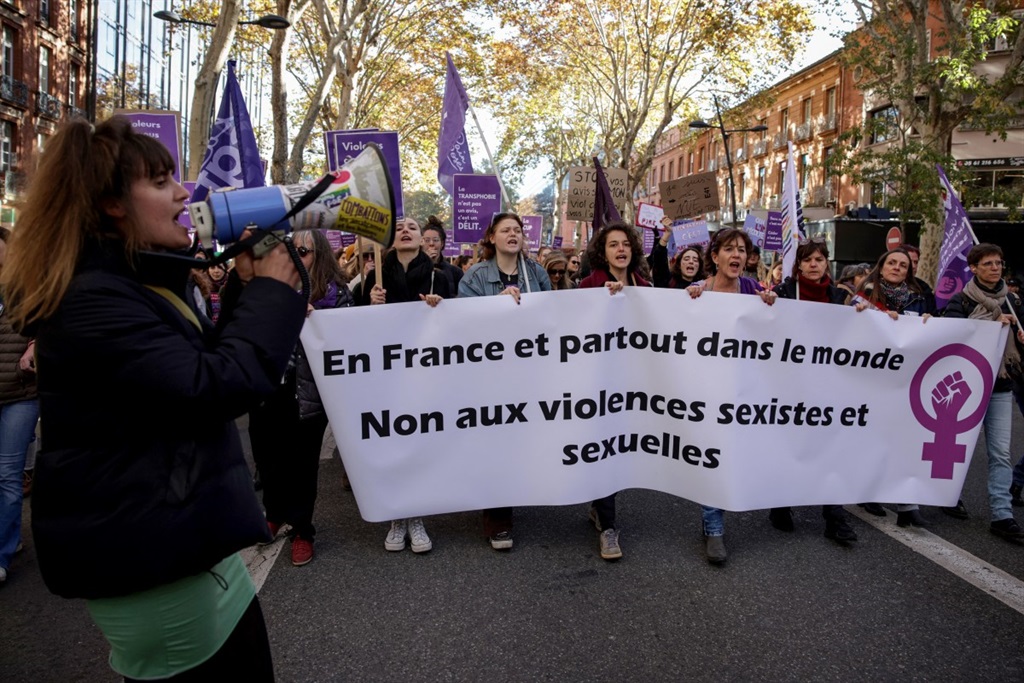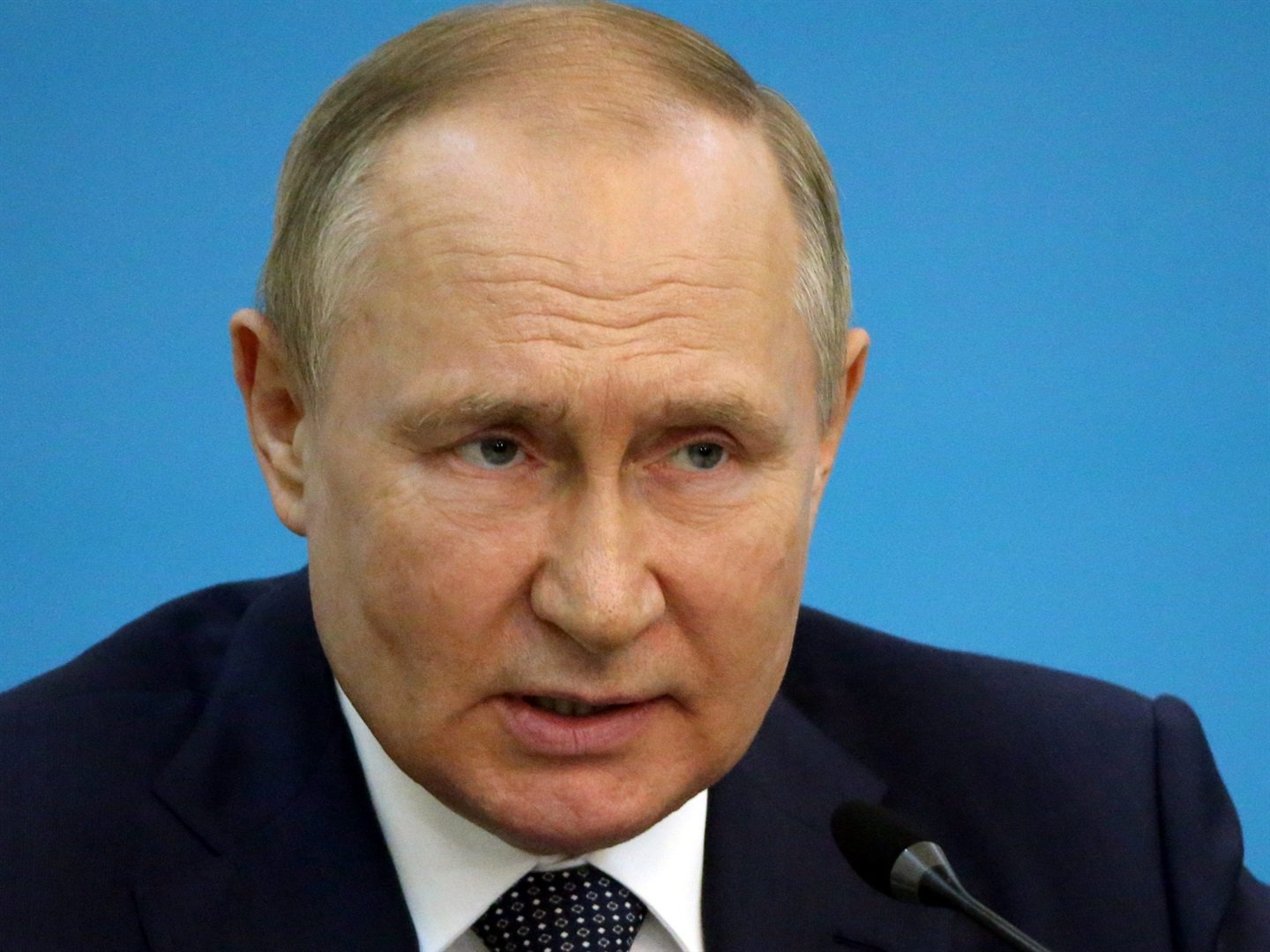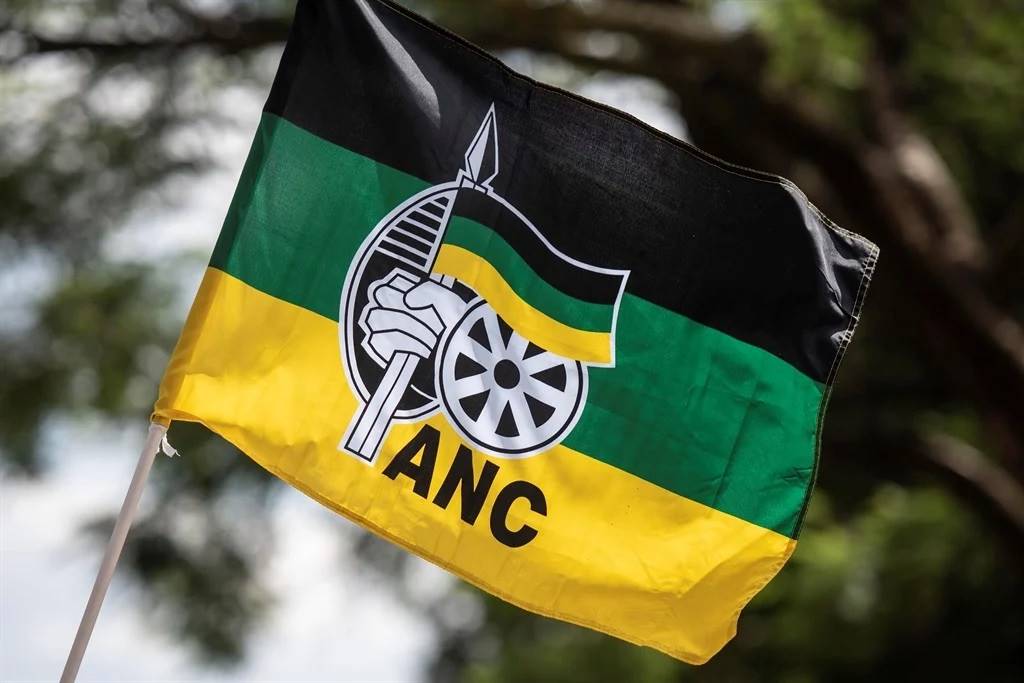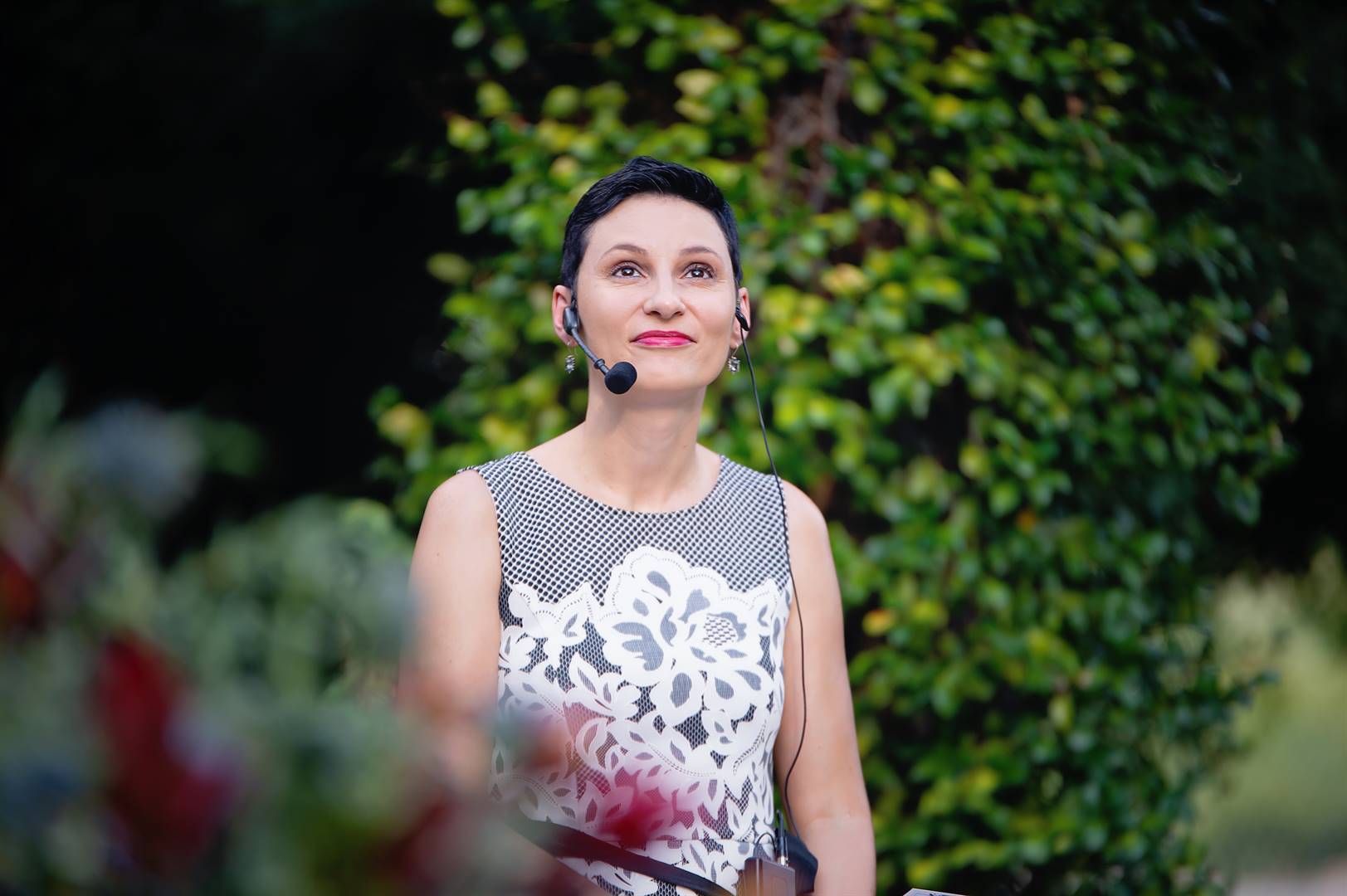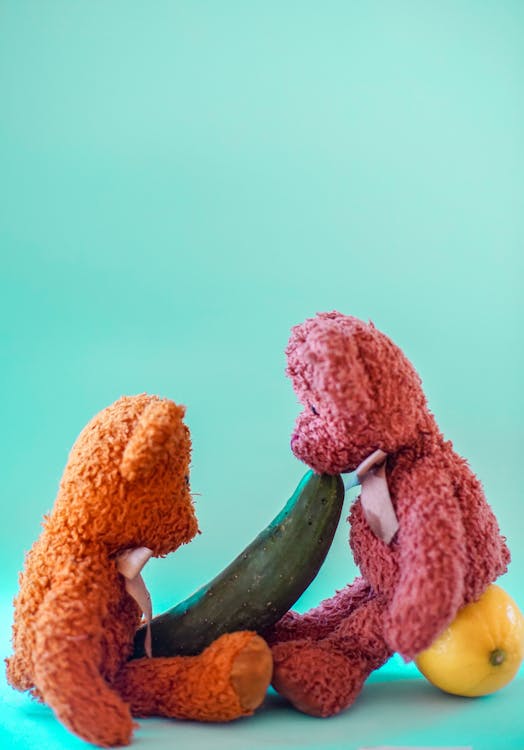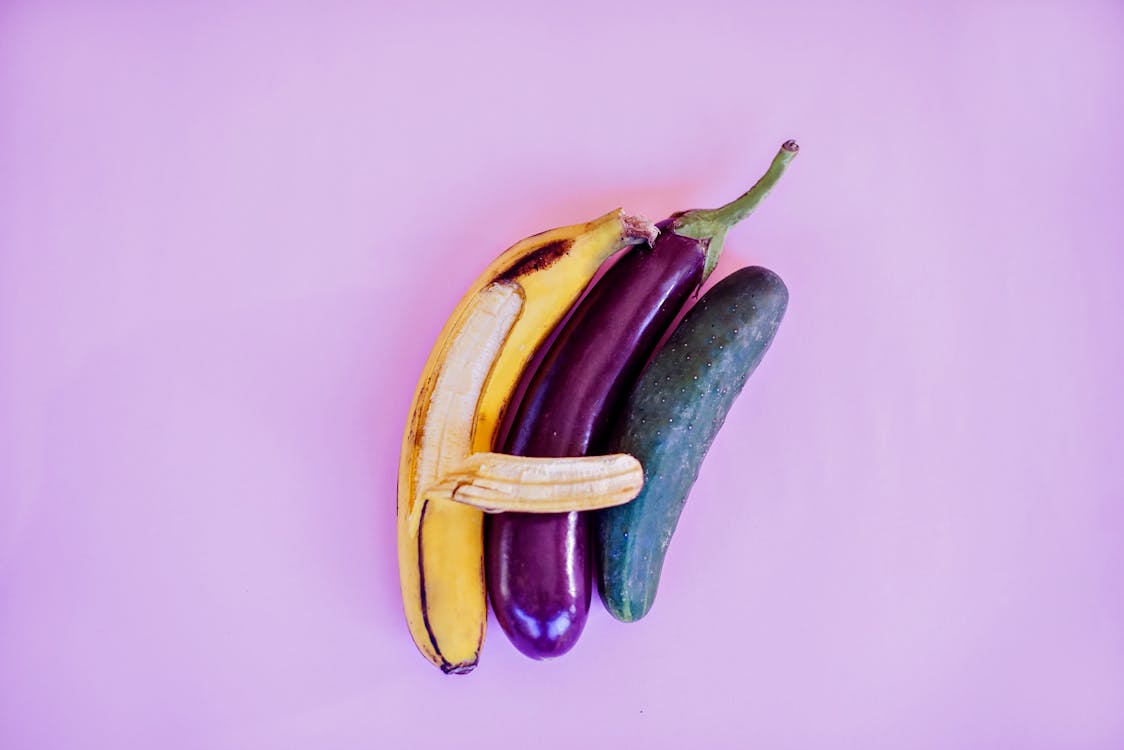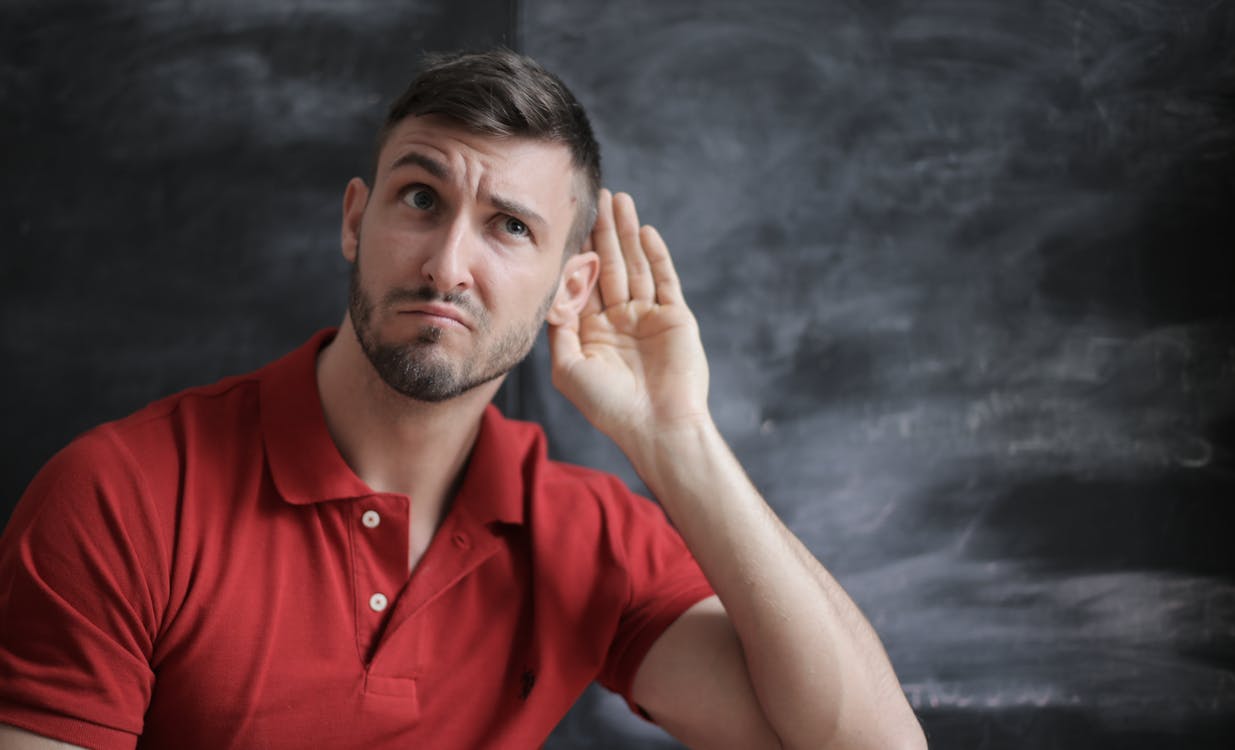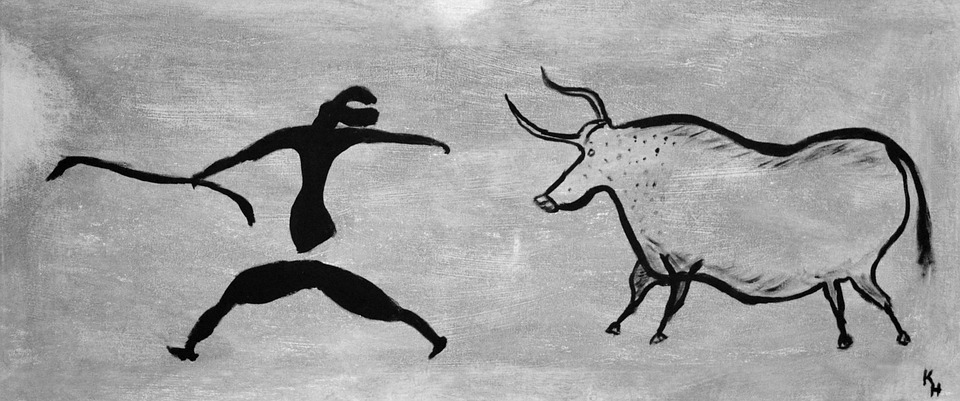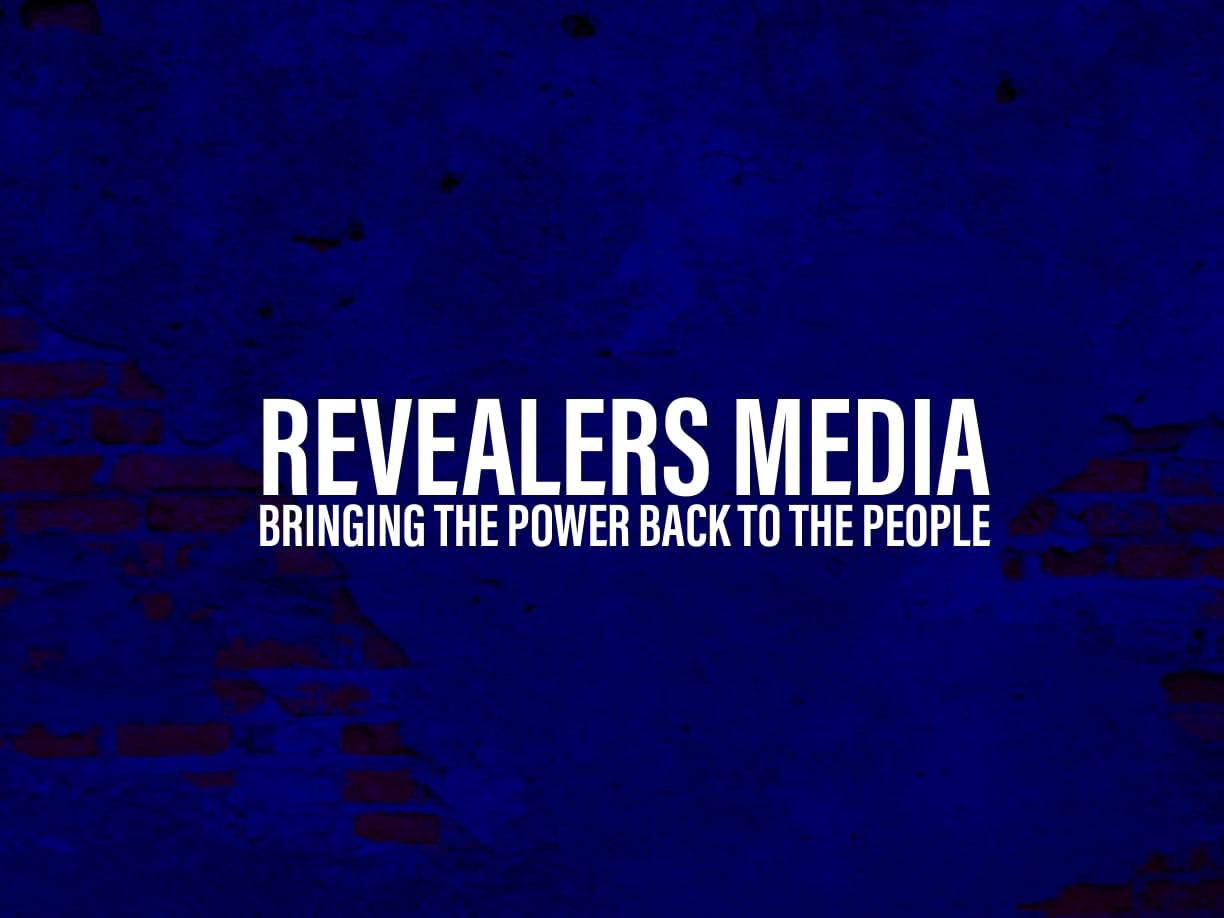The Loss of African Identity: How Ancestral Worship Became Demonized
Africa is a region with a wide range of religious practices, languages, and cultural traditions. But over the years, a lot of Africans have been exposed to outside forces that have damaged their sense of identity and cut them off from their ancestors. The demonization of traditional African faiths and practices, such as ancestor worship and the use of traditional medicine, is one of the most harmful byproducts of colonialism and missionary work. This article will look at how Africans lost their identity when they began to think that traditional healers were infected with evil spirits and that their ancestors were demons.
The demonization of African ancestors and spirituality
The veneration of ancestors as protectors and guides who watch over their descendants and can make intercession with the realm of divinity is one of the fundamental beliefs in many African societies. The memory of ancestors is preserved through a variety of rituals, including libations, offerings, and commemorative ceremonies. Ancestors are revered as sources of knowledge, protection, and blessings. However, many Africans were told that their ancestors were pagan idols, demons, or even agents of Satan as Christianity and Islam expanded throughout the continent. Ancestral worship was portrayed by missionaries and preachers as an act of idolatry, witchcraft, or devil worship, and they encouraged Africans to give up their customs and accept the new religion.
Demonizing ancestors and spirituality had a significant negative effect because it damaged many Africans' sense of self-worth and cultural identification. Africans were taught to despise their own history and embrace a foreign worldview that saw them as inferior and in need of salvation by being characterized as evil, primitive, or ignorant. Many Africans still identify their native beliefs and practices with backwardness, ignorance, and superstition and seek validation and acceptance from Western or Arab cultures, resulting in the persistence of internalized racism and cultural shame.
The demonization of African traditional medicine and healers
The practice of traditional medicine, also referred to as African herbalism or ethnomedicine, is another part of African culture that has been stigmatized and marginalized. Traditional medicine refers to the knowledge and abilities of traditional healers or medicine men/women, as well as the use of natural remedies, plants, and animals for healing and health. Many African societies place a high value on traditional medicine, which is frequently chosen over Western medicine due to its availability, affordability, and cultural significance. Traditional medicine has been brushed aside as unproven, unregulated, or even harmful, while Western medicine and biomedicine have been pushed as better and scientific.
Demonizing traditional medicine and doctors had disastrous effects because it denied many Africans access to high-quality, reasonably priced healthcare and damaged their confidence in their own cultural resources and knowledge. Africans were taught to mistrust and fear their own traditions and turn to Western or Asian medical treatments instead by labeling traditional healers as quacks, charlatans, or fraudsters. As a result, many traditional healers have been marginalized and persecuted, and important information and practices that have been passed down through the generations have also been lost.
The deterioration of African cultural identity and the disappearance of forebears' knowledge and practices has been exacerbated by the demonization of African ancestors and traditional healers. Additionally, it has fueled the myth that Africa is a backward, illiterate, and superstitious region by maintaining a false dichotomy between Western and African modes of knowing and healing. The hegemony of Western science and medicine is being contested by a burgeoning movement of African academics, activists, and healers who are reclaiming their cultural legacy.
Africans can reclaim their sense of honor, dignity, and kinship with their ancestral roots by acknowledging the worth and viability of African spirituality and medicine. The best of both worlds can be combined with a more inclusive and holistic strategy to health and wellbeing that honors the variety and complexity of human experiences.
In conclusion, colonialism and missionary work have left a legacy of the demonization of African ancestors and traditional healers, which has led to the loss of African identity and heritage. However, Africans can reclaim their traditional pride and connection to their ancestors' lands by acknowledging the worth and legitimacy of African spirituality and medicine. It is time to confront the biases and stereotypes that have been internalized and reinforced by outside forces, and to develop a more inclusive and all-encompassing strategy for health and happiness that honors the variety and complexity of human experiences.
What's Your Reaction?








